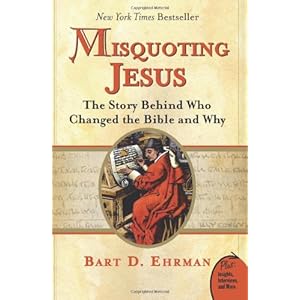If walking in the way of Christ is what the gospel is all about, what is the implication for mission?
There's a curious tension in much Christian mission activity. On the one hand it sees that the scripture is full of a rich picture of what it is to walk in the light of God - tales of creation, liberation, and reconciliation, as MacLaren would have it. On the other, the objective seems often simply to be to bring people under conviction of sin, to repent and pray a prayer of commitment. The question to be asked about strangers (or an organisation or group) is not to ask whether they display the fruit of the spirit, but are they "committed Christians". This appears to me an absurd parody of salvation - indeed, if we wanted to talk Reformation language, it seems to re-instate a salvation by works, the main work being that repentance and commitment.
The gospels do call us to repentance - but then into a rich, holistic, joined-up life. How can we have taken Jesus' teaching and decided that the most important part was what written by Paul - say Romans 3:23 (even forgetting verse 24 very often)? I liked the premiss of Kimball's They Like Jesus, but not the Church for this very reason. Jesus, and what he is reported as saying and doing, is altogether wonderful, radical, and life-changing. His teaching is as fresh and relevant today as ever.
But we get hung up on our own sense of morality and forget to love our neighbour as ourselves.
Because we have buildings to maintain and salaries to pay, we easily see mission as the means of ensuring that our particular activity is still running tomorrow, and next year.
We buy into some pre-scientific weird metaphysics and imagine it needs to be a central message for people today.
We are so busy being righteous that we forget that Jesus kept company with prostitutes, extortionists, and rebels.
In a Europe obsessed with a particular view of human rights, we are increasingly keen to stand on ours, rather than standing up for those without a voice.
There are a lot of shouty people out there who want to say that faith is over, that the state and society must be aggressively atheist (or at least, secular), that (paradoxically) in order to protect people's religious beliefs we must de-privilege religious narratives. And there are other people telling us that atheism is actually in decline, that faith matters more now than it has for decades - centuries perhaps, and this is seen in endless court cases, religious leaders in the media, and many, many high-profile politicians with faith of one sort and another.
And alongside that hubbub, we have the meek man of Galilee who said "Love your neighbour as yourself". If that were the basis for mission, how happy we'd be.



